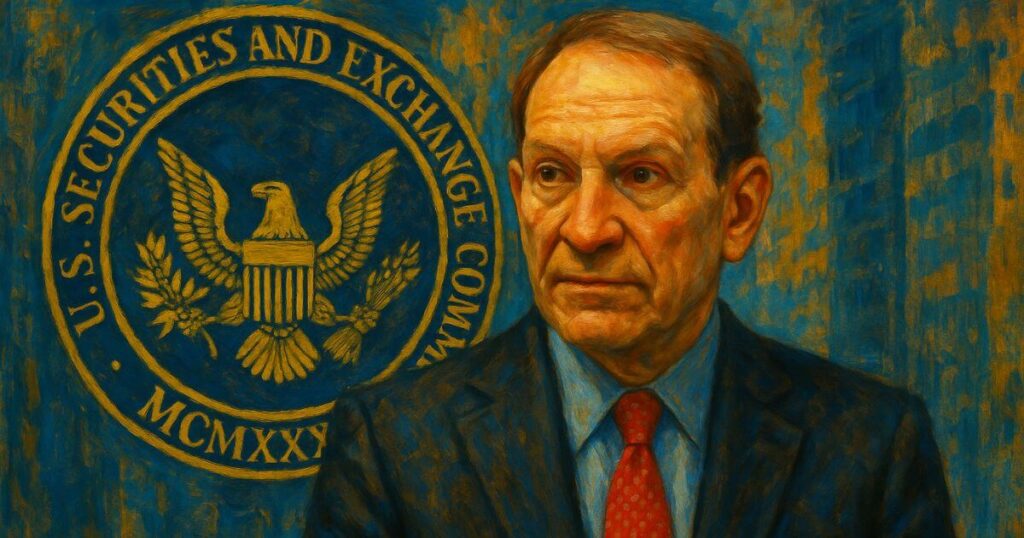The newly sworn-in SEC Chairman, Paul Atkins, has wasted no time in calling for a comprehensive overhaul of the agency’s regulatory framework for the crypto industry. In a recent speech at the SEC’s third crypto task force roundtable in Washington, D.C., Atkins highlighted the urgent need for a rational and fit-for-purpose framework that can foster responsible innovation while protecting investors.
Atkins criticized the outdated rules and enforcement-heavy policies that have stifled innovation in the crypto space for years. He emphasized the need for a more supportive regulatory environment that can encourage growth and development in the industry.
Under the previous leadership of former Chair Gary Gensler, the SEC adopted a more aggressive approach to regulating the crypto sector, often resorting to lawsuits against major firms like Coinbase and Binance. However, Atkins aims to turn the page on this confrontational approach and focus on building a more coherent regulatory framework.
During his tenure, Atkins plans to prioritize facilitating capital formation, maintaining fair and orderly markets, and protecting investors. He believes that clear and workable rules are essential for entrepreneurs in the blockchain space to thrive and innovate.
Atkins has pledged to work closely with Congress, fellow commissioners, industry stakeholders, and the Trump administration to draft clear regulations for the digital asset sector. He recognizes the importance of collaboration and dialogue in shaping effective policies that support innovation while ensuring investor protection.
The SEC’s ongoing crypto roundtables, led by Commissioner Hester Peirce, are crucial for gathering industry insights and informing future policymaking. The recent discussions have focused on crypto custody issues and the need to revise existing rules to accommodate blockchain technology’s unique features.
Atkins commended Peirce for her advocacy for common-sense crypto policy and emphasized her role in leading the effort to create a comprehensive regulatory framework for the industry. Together, they aim to establish a regulatory environment that fosters innovation, growth, and economic development in the crypto space.
In conclusion, Paul Atkins’ leadership at the SEC signals a shift towards a more supportive and collaborative approach to regulating the crypto industry. By prioritizing innovation, market modernization, and investor protection, Atkins aims to create a regulatory framework that enables the US to remain a leader in investment and entrepreneurship.

